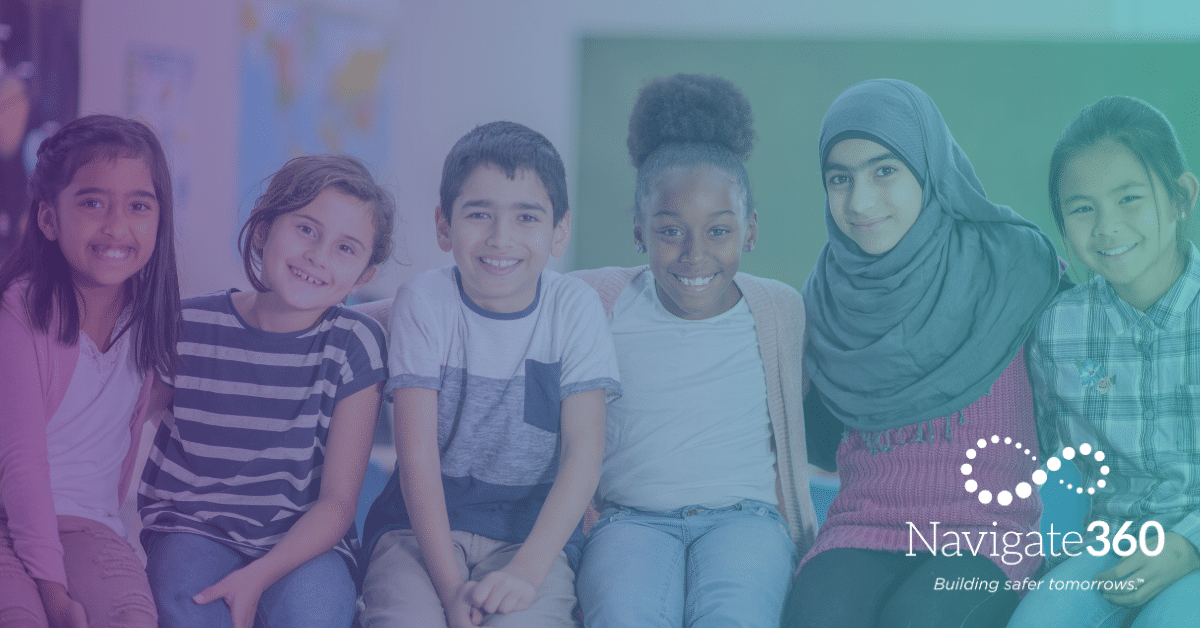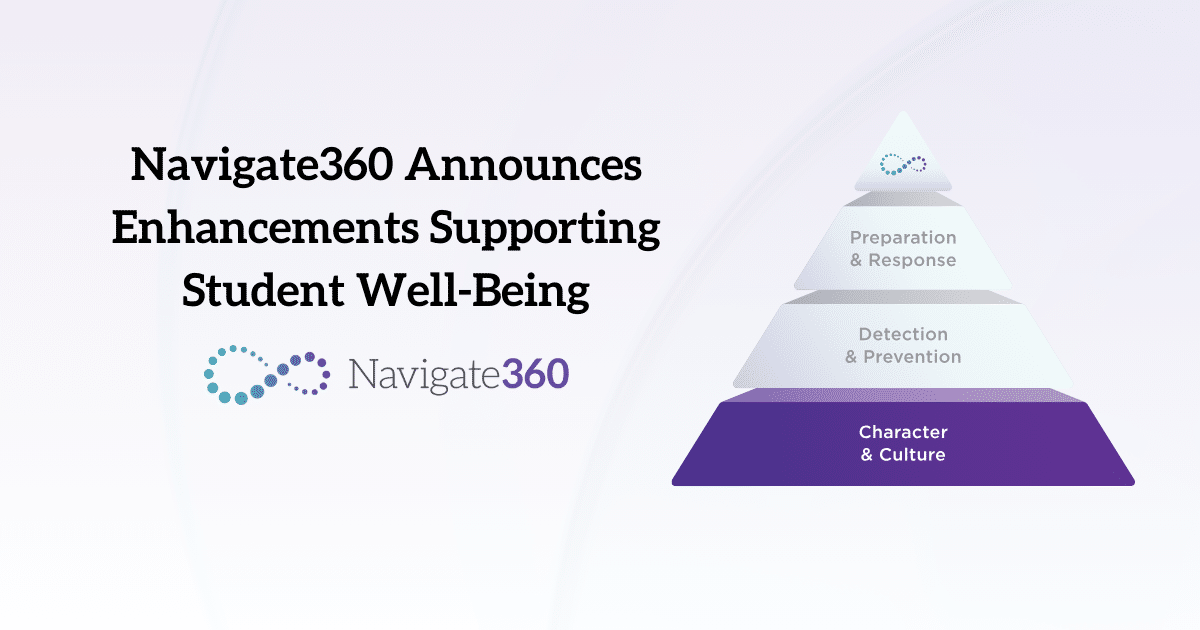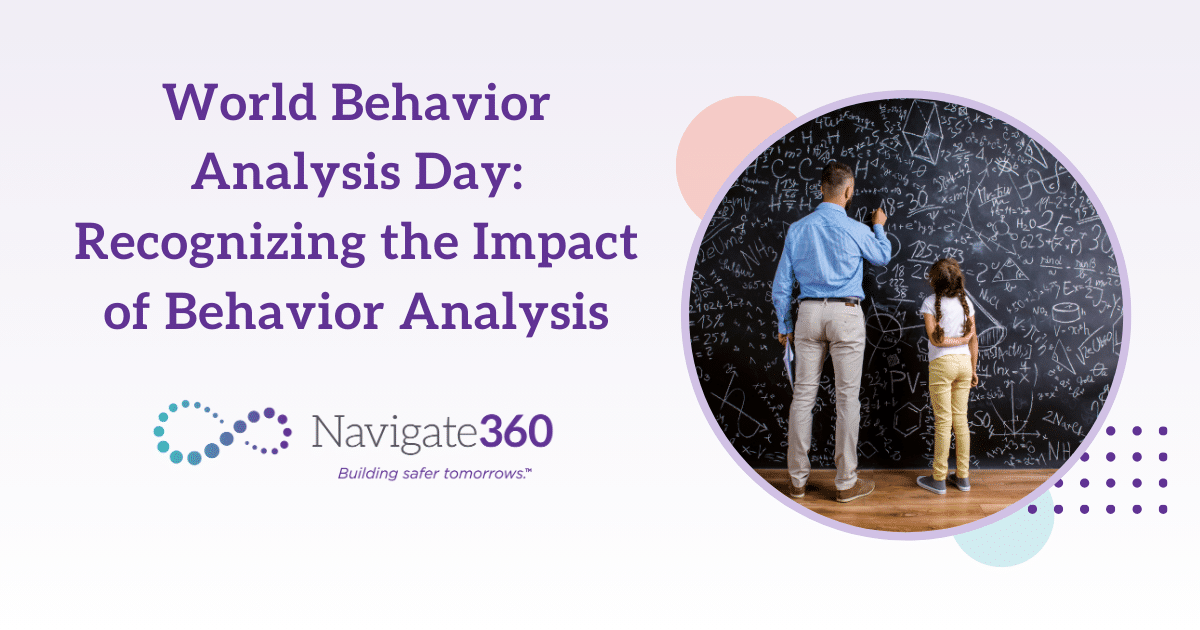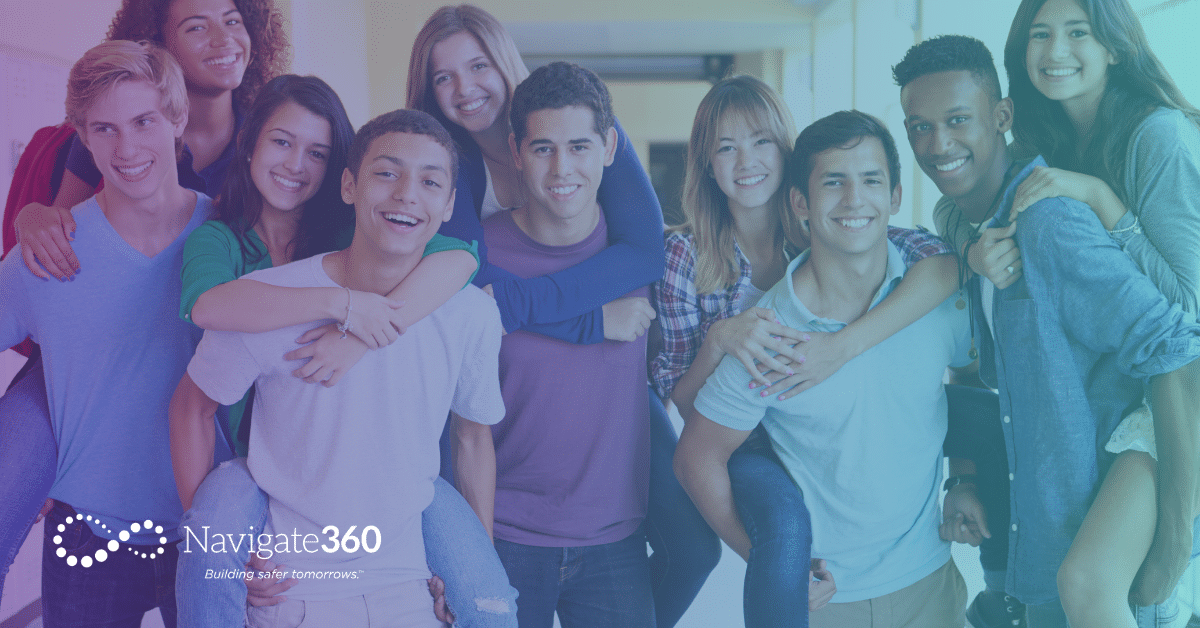6 Ways You Can Utilize SEL to Teach Students Kindness
Academic achievement often takes the front seat in our educational system, which means it can be easy to overlook the importance of social-emotional skills, such as kindness, in the classroom. Suite360 for Students makes Social-Emotional Learning (SEL) instruction accessible by providing educators with hundreds of developmentally appropriate K-12 lessons that foster emotional intelligence, empathy, compassion, and kindness in students. Given the increasingly volatile global social climate, it has never been more crucial for school staff to be intentional about teaching kindness as a key component of SEL.
Here are six actionable ways to highlight kindness within your SEL curriculum and create opportunities for students to put it into practice.
Teach Kindness in the Classroom
Begin by explicitly including kindness as a core element in your SEL curriculum. This is easy to do as a Suite360 for Students user because we have lessons that focus on kindness, empathy, and compassion for grades K-12. Supplement these lessons with age-appropriate and authentic materials (books, news stories, articles, etc.) that show students real-world examples of what kindness looks like and why it’s essential. Periodically encourage students to share their own stories of kindness so that students can learn from and be inspired by one another.
Model Kindness Through Your Actions
Educators are some of the most influential role models in a student’s life, and creating a culture of kindness on your campus starts with the adults. Demonstrate kindness in your interactions with students, colleagues, and others within your school community. Show empathy, patience, and respect in your daily interactions. When students see school staff members regularly practicing kindness, they are more likely to follow suit.
Create a Kindness Challenge
Implement a “Kindness Challenge” within your classroom or school. Encourage students to perform acts of kindness both inside and outside the school community. These can range from helping a classmate with their work to participating in community service projects. Recognize and celebrate these acts with awards, certificates, or shout-outs during the morning announcements or at school events to reinforce the value of kindness.
Start a Peer Mentorship and Buddy Systems
Foster peer relationships that encourage kindness in the classroom through mentorship programs or buddy systems. Pair older students with younger ones, creating an opportunity for older students to become leaders and positive role models who guide and support their younger peers. This not only promotes kindness but also builds social awareness skills and a sense of belonging within the school community.
Utilize Practice Restorative Circles
Restorative circles are a powerful tool in the SEL toolkit. Use them to address conflicts or issues within the classroom. Encourage open dialogue, empathy, and active listening. When students see conflicts being resolved through respectful communication and understanding, they learn valuable lessons about kindness and conflict resolution.
Involve Students in Community Involvement and Service Projects
Extend the practice of kindness in the classroom beyond the school walls by involving students in community service projects. Collaborate with local organizations to create volunteer opportunities or develop charitable initiatives. Such experiences provide students with a deeper understanding of the impact of their kindness on the broader world and instill a sense of responsibility to contribute positively to society.
Teaching kindness in the classroom should be an ongoing process. Keep the focus prominent by making kindness a consistent theme throughout the school year, weaving it into both schoolwide and classroom culture. Provide students with specific, thoughtful feedback on their behavior as it relates to kindness to reinforce its importance and relevance.
By being intentional about teaching kindness, educators can help students develop the skills they need to build positive, inclusive, and compassionate communities on and off campus. In doing so, educators not only contribute to their students’ social and emotional growth but also to the creation of a kinder and more empathetic world.




